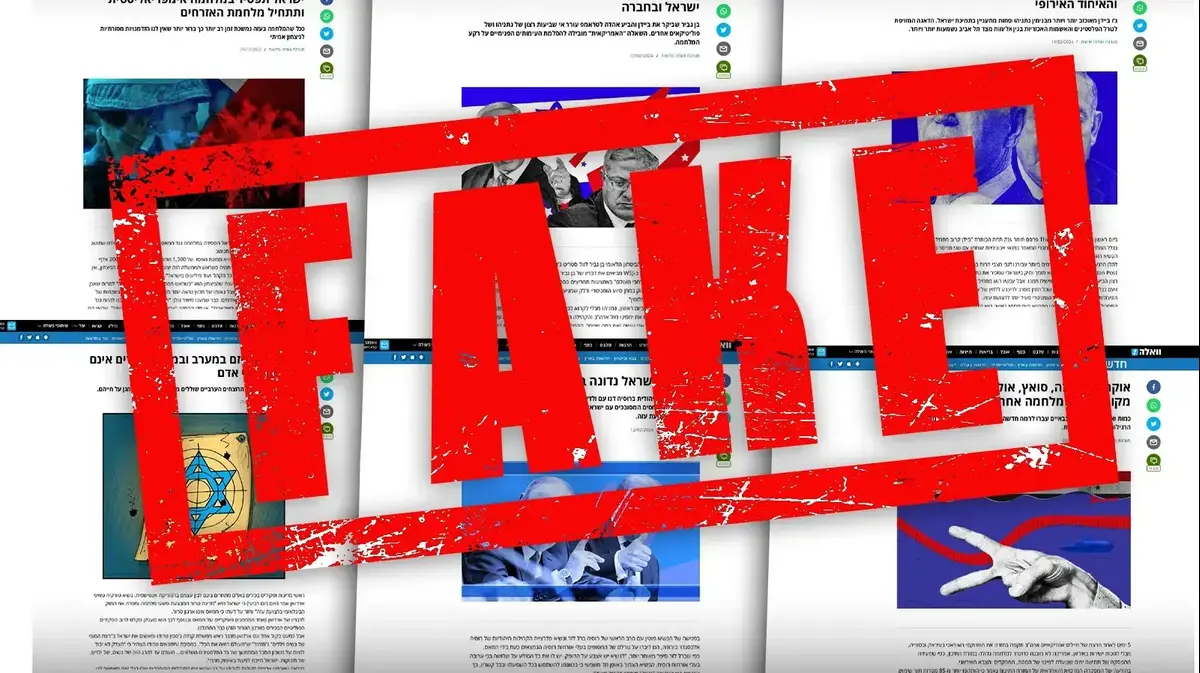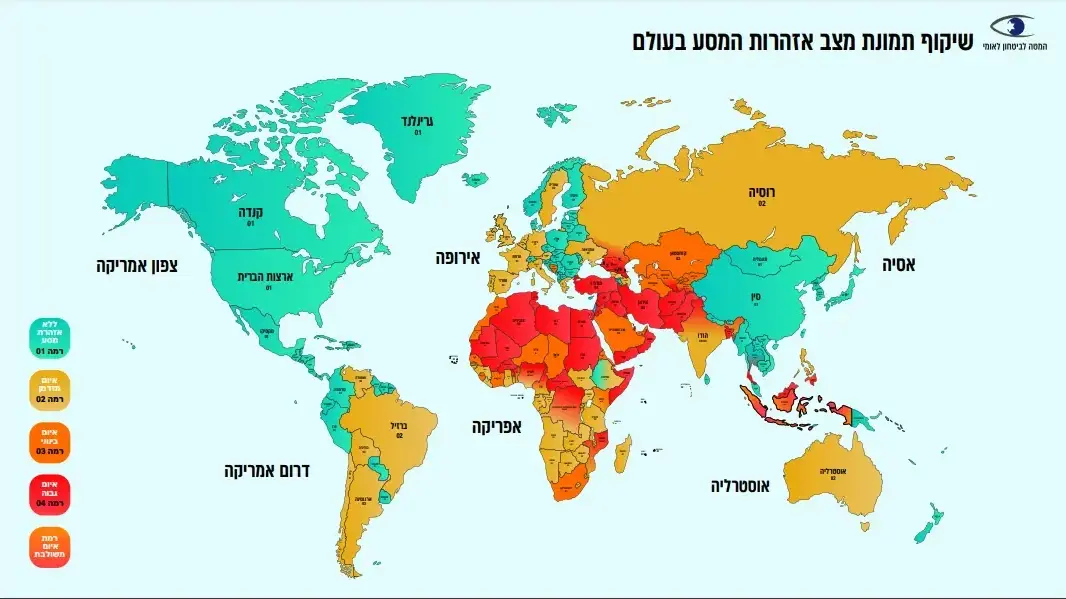This is a familiar phenomenon: many Israelis order packages from abroad and look forward to them. But the problem begins when parties take advantage of the good faith of consumers, who may or may not be waiting for packages, and send them phishing messages pretending to be messages from Israel Post. This phenomenon may increase with the November holidays - The popular shopping holidays.
Idit Chen, VP of Technologies at Israel Post, states: "In recent weeks, there has been an increase in attempts to defraud the public, by impersonating Israel Post in text messages and emails with a demand for the payment of a few shekels by credit card, ostensibly in order to release a package from customs.
"We estimate that with the international shopping holidays, which start already in November, we will see another increase in fraud attempts. Today, each household orders an average of more than 20 packages from abroad per year, so such a message from the post office seems logical in terms of timing.
Most of us are indeed waiting for the package at almost any given moment."
Like the real thing
As for the visibility of these phishing messages, Chen explains: "The main change is in the visibility of the landing pages to which the link leads. If in the past we mainly saw clumsy versions with spelling errors and strange design, today the fake sites look just like the real thing.
"Unfortunately, the ability to take down those websites is almost zero, because the impersonators change addresses quickly, so we focus on information and providing tools with which you can get reliable information through a secure channel, such as the new mail application."
Regarding the mistake that can happen from the point of view of consumers, Chen said: "The most common mistake, which is actually the goal of those impersonators, is in handing over the credit information to the impersonating website. Unfortunately, it is not just about the loss of the 3-4 shekels that the recipient of the message was asked to pay: from the moment the credit information is stolen , the fraudsters may make additional purchases, and not necessarily on the same day. Therefore, if credit information was indeed provided, you should contact the credit card company as soon as possible, to make sure that they do not continue to 'celebrate' on the card."
How can it be recognized that these are phishing messages?
"It is always recommended to pay attention to the wording, proper Hebrew, the private number that contains both letters and numbers and the URL address in the link - is it on a website with an Israeli address or is it an unfamiliar address? All of these, of course, may also appear normal in an impostor message. Therefore We always recommend checking in the Israel Post app or the Israel Post website if you have an item that is awaiting payment.
New app
In the meantime, Israel Post launched a new application for the benefit of those who often do not remember which packages are supposed to arrive.
The app displays all packages on the way in a customized interface.
were we wrong
We will fix it!
If you found an error in the article, we would appreciate it if you shared it with us














